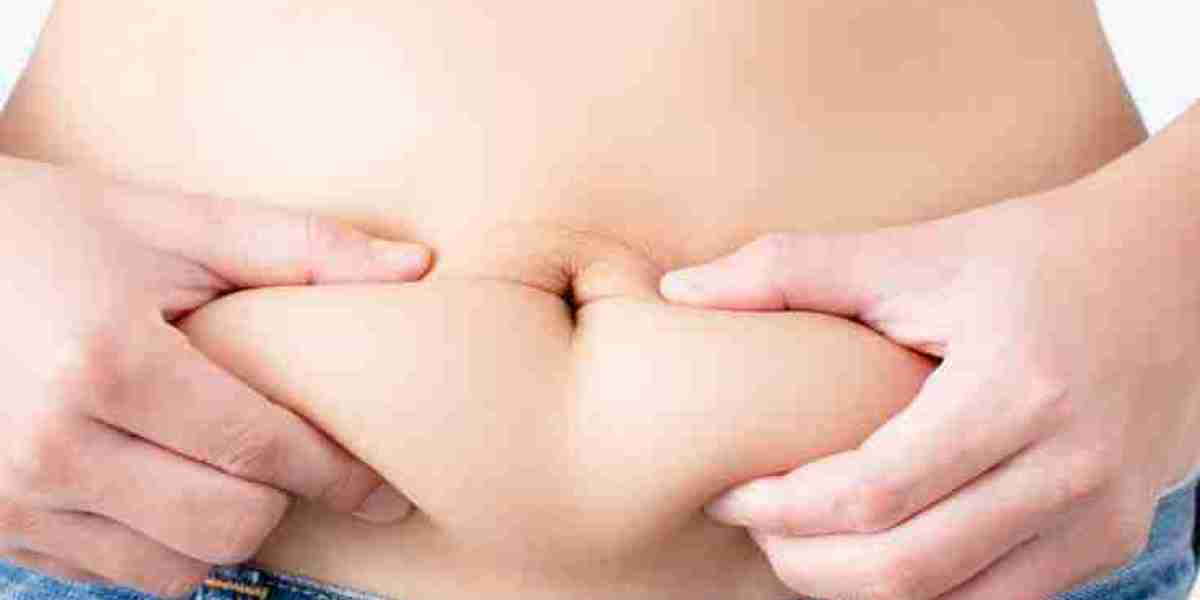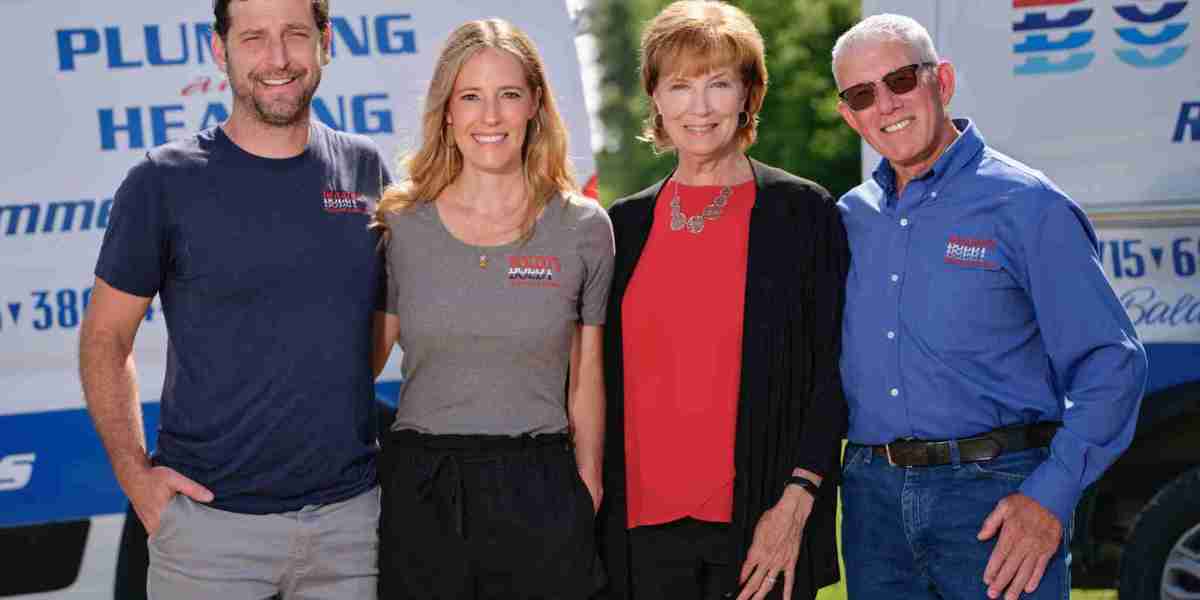Liposuction has evolved tremendously over the years with the advent of advanced technologies aimed at enhancing fat removal precision and improving recovery outcomes. Among these, laser liposuction and ultrasound liposuction are two popular options in Riyadh, each offering distinctive methods to target and remove unwanted fat. Understanding their differences can help individuals make informed decisions aligned with their body goals and treatment preferences.
An Overview of Liposuction Technologies
Liposuction is a surgical procedure that removes fat deposits from various areas of the body. Both laser and ultrasound liposuction assist traditional liposuction by using energy sources to liquefy fat cells before removal, which facilitates easier and more precise fat extraction. The core distinction lies in the type of energy used and its effect on fat and surrounding tissues.
How Laser Liposuction Works
Laser liposuction employs focused laser energy delivered through a thin fiber inserted beneath the skin. This laser heats and melts fat cells into a liquefied form, making fat removal less invasive and more controlled. Additionally, the laser stimulates collagen production, promoting skin tightening and reducing sagging in treated areas. Due to these skin-tightening benefits, laser liposuction is especially effective in areas where both fat reduction and skin enhancement are desired, such as the arms, neck, and thighs.
How Ultrasound Liposuction Works
Ultrasound liposuction, often known by the popular VASER name, uses ultrasonic waves emitted from a vibrating cannula inserted into the fat layer. These sound waves emulsify or liquefy fat cells while preserving nerves, blood vessels, and connective tissues. This precision allows for intricate body sculpting and high-definition shaping, making ultrasound liposuction ideal for individuals seeking detailed contouring in larger or more fibrous fat areas, such as the abdomen or male chest.
Key Differences Between Laser and Ultrasound Liposuction in Riyadh
| Feature | Laser Liposuction | Ultrasound Liposuction |
|---|---|---|
| Energy Type | Laser heat | Ultrasonic waves |
| Fat Breakdown | Melts fat cells | Emulsifies fat cells |
| Skin Tightening Effect | Strong collagen stimulation | Mild skin contraction |
| Ideal Treatment Areas | Small areas with mild skin laxity (arms, neck, inner thighs) | Larger, fibrous areas requiring detailed sculpting (abdomen, flanks) |
| Precision | Moderate precision, automated energy delivery | High precision, surgeon-controlled |
| Recovery Time | Typically 3–7 days | Typically 5–10 days |
| Best For | Patients wanting fat removal with skin tightening | Patients seeking high-definition contouring and fat removal |
| Invasiveness | Less invasive and gentler on tissues | Slightly more invasive but highly precise |
Which Is More Suitable for You?
Choosing between these two techniques depends on several factors. If your goal is not only fat removal but also enhancing skin firmness in smaller or sensitive areas, laser liposuction may be the better choice. It is gentler, offers quicker recovery, and targets skin laxity effectively.
Alternatively, if you aim for detailed body sculpting over larger or denser fat deposits, or require the definition of muscle contours, ultrasound liposuction offers superior precision and tissue preservation. It is especially favored for athletic body contouring and more extensive treatments.
Benefits Shared by Both Techniques
Both laser and ultrasound liposuction methods lead to less trauma compared to traditional liposuction, typically resulting in reduced pain, minimal scarring, and faster healing times. They are performed through small incisions and employ local or general anesthesia depending on the treatment plan.
Final Thoughts
When considering Liposuction in Riyadh, understanding the nuances between laser and ultrasound techniques can align your expectations with achievable outcomes. Each has strengths that make it suitable for different patient needs and body types, enhancing the safety and effectiveness of the fat removal process.
If you are ready to explore safe and advanced liposuction options tailored to your goals, Royal Clinic Saudia offers expert consultations and personalized treatment plans with state-of-the-art technology for optimal results.
(FAQs)
Is laser liposuction effective for tightening loose skin after fat removal?
Yes, laser liposuction stimulates collagen production which helps tighten the skin, making it effective for areas with mild to moderate skin laxity.
Can ultrasound liposuction be used on fibrous or dense fat areas?
Absolutely, ultrasound liposuction excels at breaking down fibrous fat deposits while preserving surrounding tissues, ideal for denser fat regions.
What is the typical recovery time after laser or ultrasound liposuction?
Laser liposuction recovery usually takes about 3 to 7 days, whereas ultrasound liposuction may require around 5 to 10 days, depending on the treatment area and individual healing rates.
Are there any risks associated uniquely with laser or ultrasound liposuction?
Both techniques are generally safe, but laser liposuction may cause mild skin burns if not properly administered, while ultrasound liposuction requires skill to avoid damage to nerves or blood vessels due to its invasive nature.
This blog provides a detailed yet accessible comparison of laser and ultrasound liposuction methods to inform patients considering Liposuction in Riyadh, helping them choose the right approach for effective and safe body contouring.




